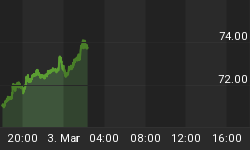Researchers at the University of Colorado Boulder’s Department of Geological Sciences are studying the possibility of mining metals from asteroids in space using bacteria.
Even though biomining is already a reality on Earth, with 15% of the planet’s copper and 5% of the gold extracted using this method, researchers Luis Zea and Jesse Colangelo want to investigate the performance of the bacterium Shewanella oneidensis for the extraction of iron from lunar, Martian and asteroid regolith simulant under simulated reduced-gravity conditions.
In a media brief, Zea and Colangelo explained that biomining is a process where mined materials are placed in vats with water and specialized bacteria that extract the desired metals from the surrounding rock.
In Zea’s view, conducting this type of activity in space could benefit Earth both financially and environmentally.
“In space, there are virtually limitless amounts of some of the 44 endangered elements that could face supply limitations here in the future,” the scientist said and put as an example asteroid 16 Psyche, which is located between Mars and Jupiter and is estimated to contain $700 quintillion worth of nickel, iron and precious metals. NASA is planning to explore it in 2022.
The scholar also suggested biomining in space has the potential to allow for Earth to be reserved exclusively for living, while all heavy industry and mining could be conducted entirely outside the blue planet.

















